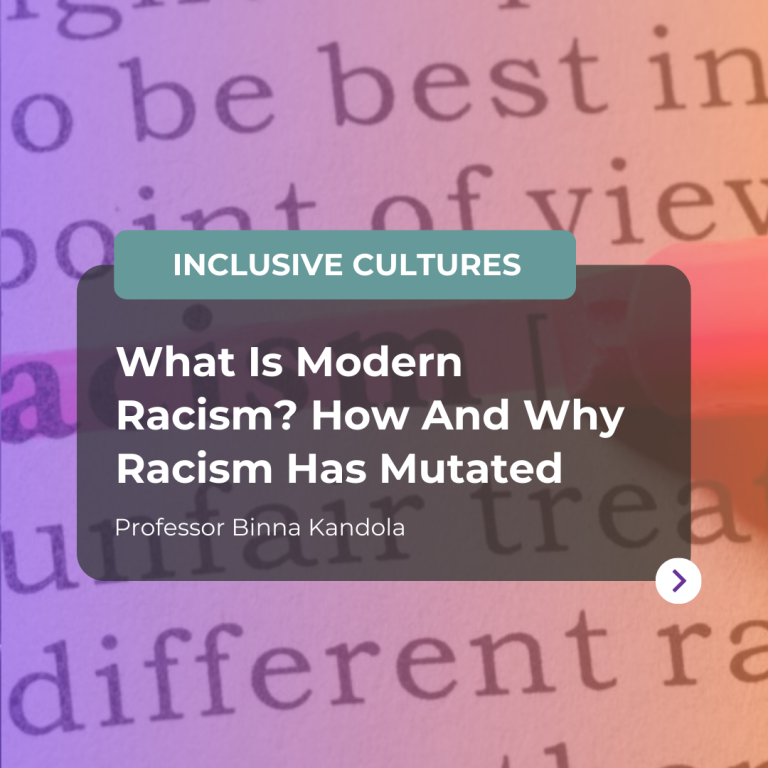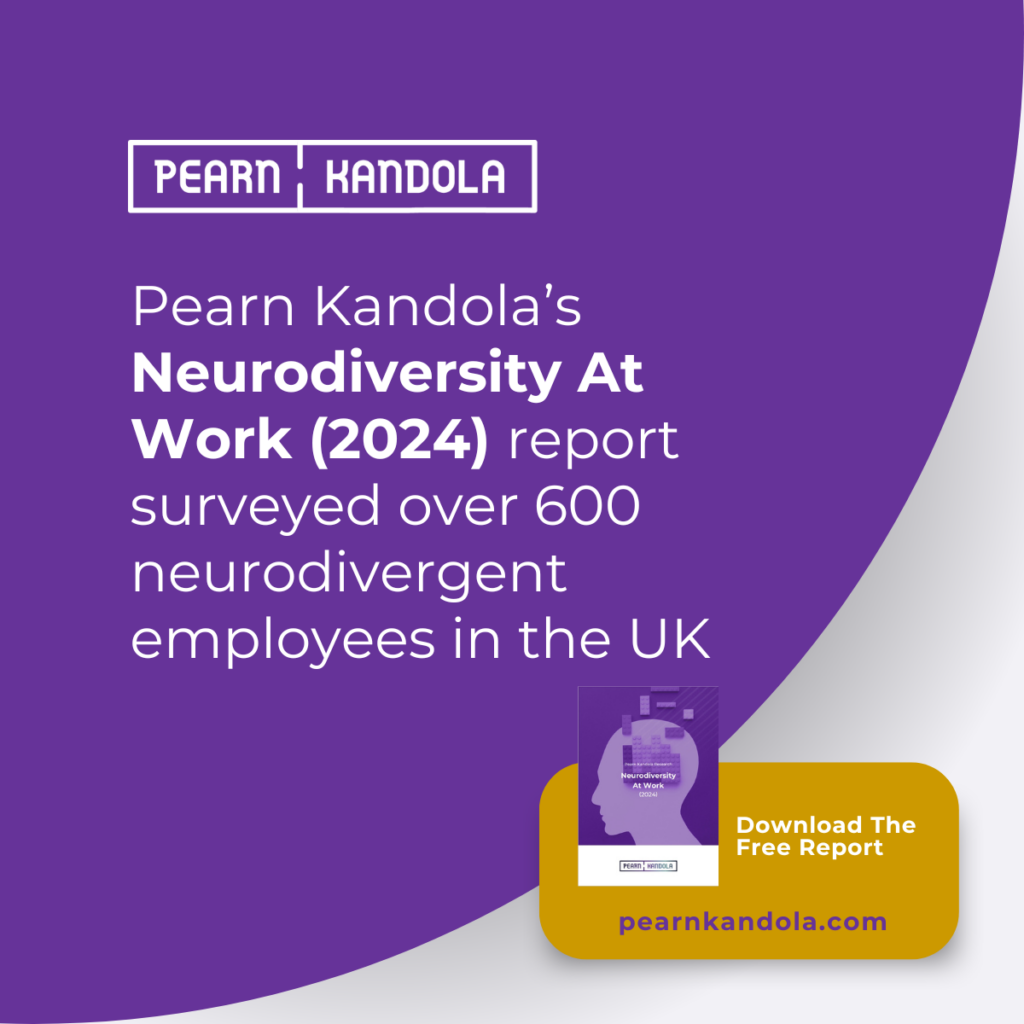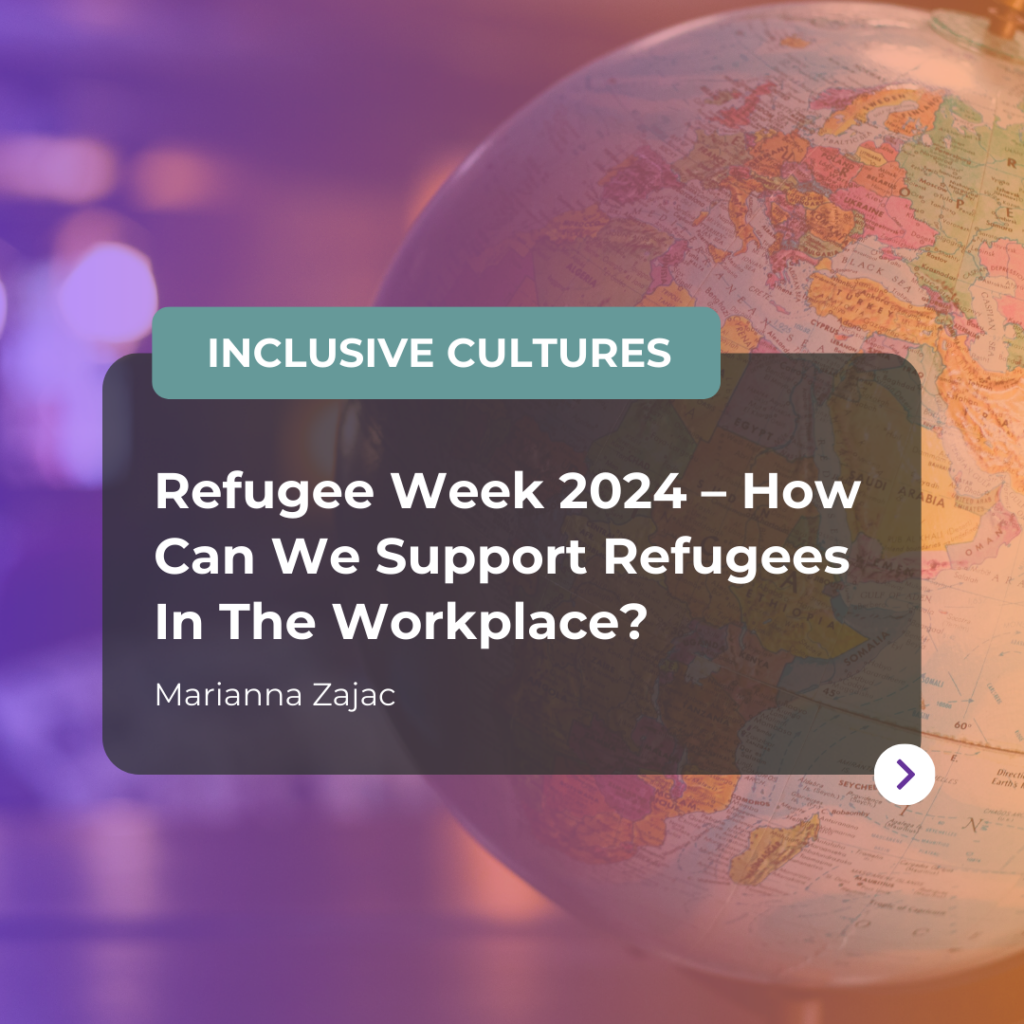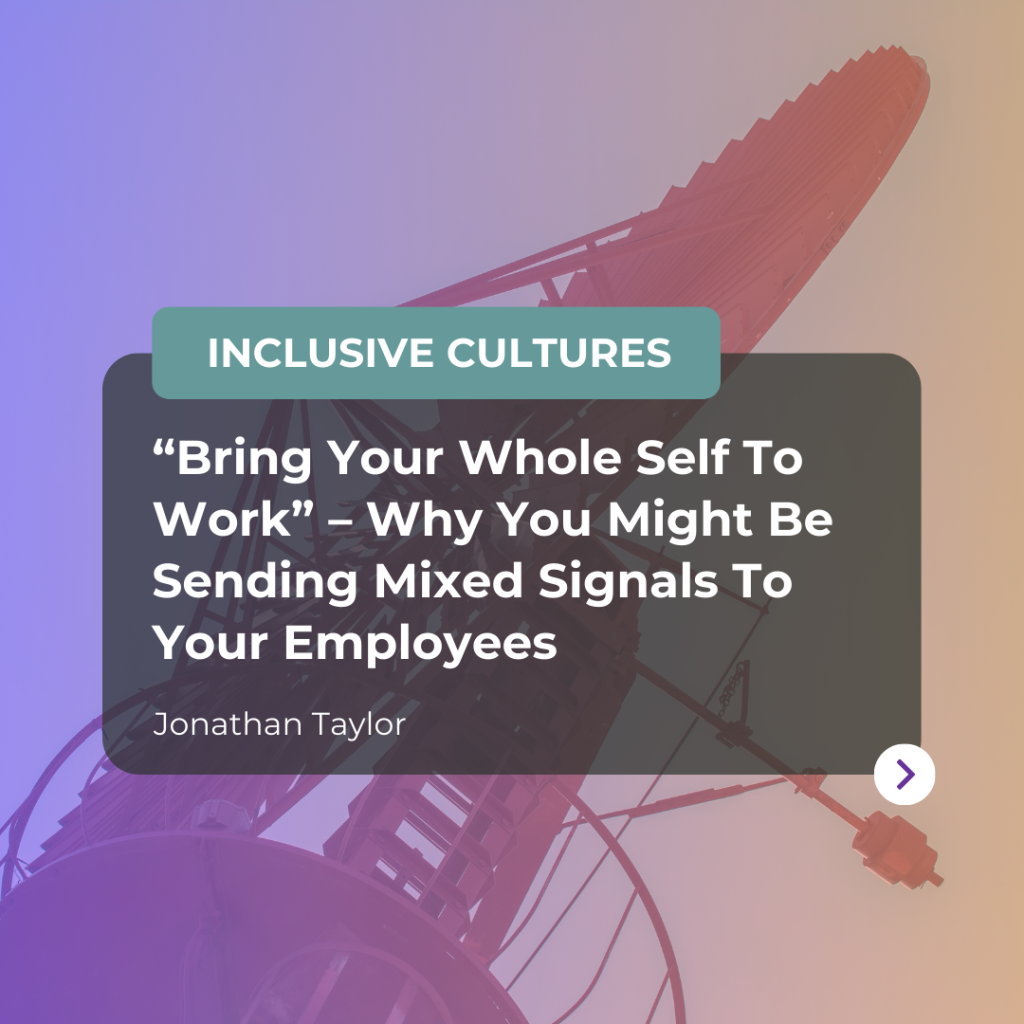Racism has been likened to a virus that mutates, taking on different forms as it adapts to a changing environment[1]. Its mutation is made harder to observe by it being deeply embedded, not only in our traditions and institutions, but also in our unconscious lives.
Behaviours can be separated into those which are under our conscious control and those which are not; and these two types of behaviour are not necessarily related to each another[2].
It could be argued that conscious behaviours – the ones we find easier to recognise and control – represent the real person, and the others are bogus. Nevertheless, those with whom we interact pick up on and identify our unconscious behaviours.
How our attitudes towards race have evolved
Our public attitudes to race have certainly changed, and surveys have measured this evolution over many decades. Today, people in the majority group make far fewer overt hostile actions towards minorities. When racist acts do occur, they are widely condemned rather than being condoned as they were in the past. These positive changes are due to a widespread disapproval of racist activities in society: it is no longer socially acceptable to express racism directly.
Explicit attitudes towards race have been measured consistently over many decades, so it is possible to track how they have changed. For example, in 1942, 44% of people in the USA were willing to accept integrated transport. By 1970, the figure was 88%[3]. Changes in attitude, in all age groups and religions, have also occurred in relation to issues such as education and intermarriage[4].
Even in the 1970s, however, a note of caution was sounded by attitude researchers, who said that answers to their survey questions ‘may well indicate not what the American really feels in his heart of hearts, but what he thinks he ought to say’[5]. They go on to say that while changes in attitude are not necessarily indicative of changes in behaviour, changes in general opinion do create a context in which changes in behaviour are more likely to occur.
The lack of tolerance for racist behaviour makes navigating one’s way through daily life, for visible minorities, less hazardous than it once was.
Unfortunately, the impact of negative images and stereotypes we have inherited from the past is more difficult to eradicate. A lack of tolerance of hostile behaviours is not necessarily the same as genuine equality of opportunity. A reduction of racist acts does not automatically mean black people will feel they are being fairly treated in the workplace.
What is modern racism and why is it harder to detect?
The forms of prejudice we live with today have different names, one being modern racism. Modern racists neither express nor endorse racist views and stereotypes. They believe in greater integration between people. However, modern racists also believe racial equality has been achieved and that we need no further policies to promote equality. If racism has been neutralised, then it’s reasonable to maintain the status quo. For people who think in this way, racism is over and there’s nothing left to discuss. Modern racism reveals itself at opportune moments, is more oblique than confrontational, and often leads to a conflict in our own personal values.
In other words, racial prejudice has not disappeared, it has mutated. Today, racism manifests itself in numerous ways:
- First, avoiding any meaningful contact with the minority group
- Second, practising racial discrimination when the circumstances allow it
- Third, rather than criticising a minority group, those with racist beliefs will attack a policy or action, and use that as an outlet for their attitudes
- Fourth, making a distinction between groups in terms of their ‘values’
Put simply, overt and obvious forms of prejudice are witnessed less than they were and it is comforting to believe that racism is becoming a thing of the past; that somehow we live in an enlightened age where judging people by the colour of their skin is no longer acceptable.
Why our understanding must become more nuanced
Unfortunately, this is far from the truth. Today, prejudiced attitudes are expressed in more subtle and nuanced ways. For some of the points, valid claims can be made that this is not racism at all. Disagreeing with a policy (for example, on target setting) or an action (for example, players taking the knee during the national anthem in American football) is not prejudiced. That is correct of course, but the fact is it could be, and it is this ambiguity about the position taken which demonstrates the subtlety of the behaviour.
An unwillingness to examine our own motives and attitudes often leads to people adopting a supposedly colour-blind approach. It’s as if we pass legislation on ourselves and the job is done: ‘I don’t notice a person’s colour’[6].
Our understanding of racism needs to become much more sophisticated in order to match its increased subtlety and elusiveness.
This article is part of our series about Racism at Work: The Danger of Indifference, our latest book. If you would like to purchase a copy, go to our website or Amazon.
[1] Dovidio, J. F. & Gaertner, S. L. Aversive racism and selection decisions: 1989 and 1999. Psychol. Sci. 11, 315–319 (2000)
[2] Brown, R. Prejudice: Its Social Psychology. (Blackwell, 1995)
[3] Greeley, A. M. & Sheatsley, P. B. Attitudes Toward Desegregation. (1971)
[4] Brown, R. Prejudice: Its Social Psychology. (Blackwell, 1995)
[5] Greeley, A. M. & Sheatsley, P. B. Attitudes Toward Desegregation. (1971)
[6] Bonilla-Silva, E. Racism Without Racists: Color-Blind Racism and the Persistence of Racial Inequality in America. (Rowman and Littlefield, 2010)








